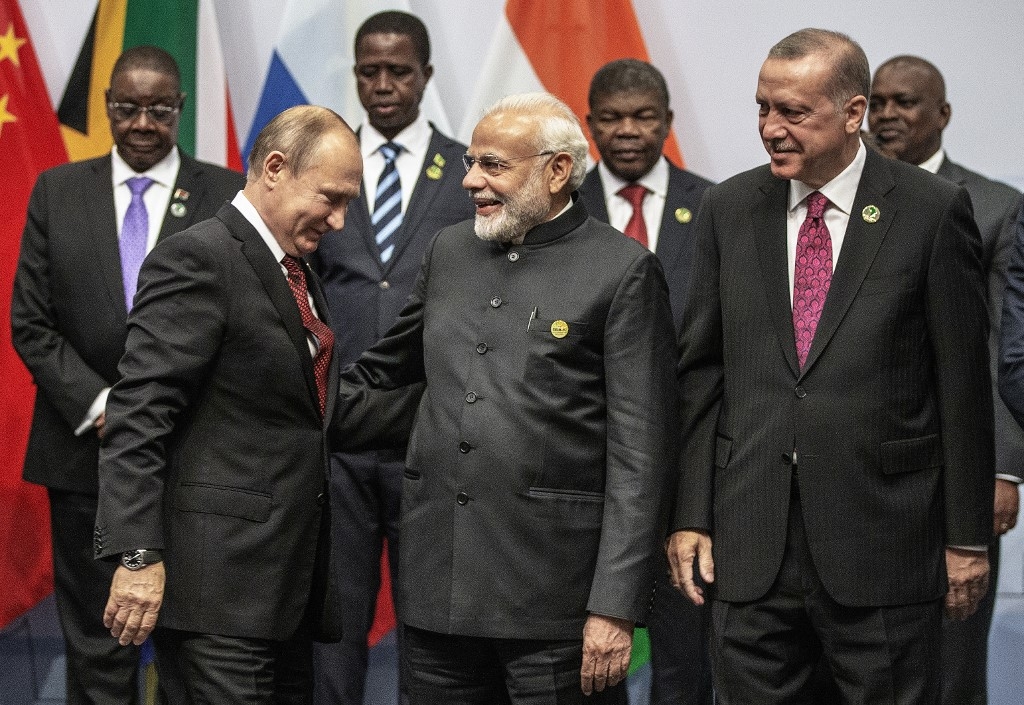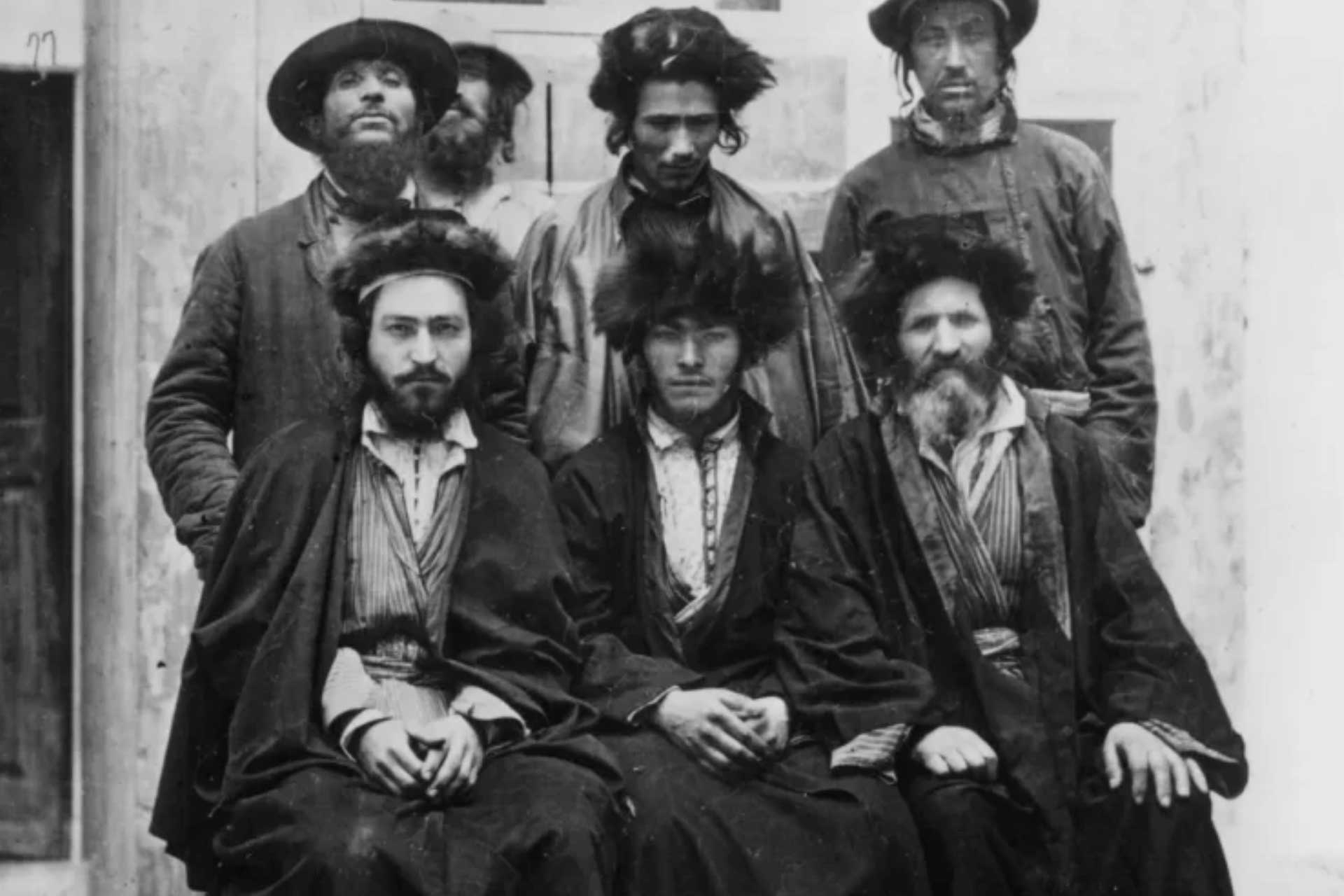Theorotical Framework of Türkiye’s Bid for BRICS
In the contemporary discourse of political theory, the emergence of a multipolar world order is a phenomenon that is increasingly gaining traction, challenging the traditional hegemony of Western liberal democracies. The accession of Türkiye to the BRICS coalition can be seen as a manifestation of this shift towards a more decentralized and pluralistic global power structure. This article seeks to explore the theoretical underpinnings that support the idea of a multipolar world and how Türkiye’s integration into BRICS could serve as a catalyst for this transformation.
The concept of multipolarity is rooted in the recognition that power in the international arena is no longer the exclusive domain of a few Western states but is instead dispersed among various centers of influence. This dispersion aligns with the theoretical perspectives of scholars like Robert Dahl, who, in his examination of power dynamics, underscores the importance of a pluralistic approach to governance. Dahl’s insights into the distribution of power among diverse interest groups within a democratic framework resonate with the current global shift towards a multipolar order, where emerging economies like those in the BRICS bloc are asserting their agency and challenging the unipolar dominance of established powers.
Türkiye’s formal request to join BRICS is a strategic move that reflects its recognition of the evolving global power dynamics and its desire to play a more prominent role on the international stage. This move is not merely a pivot away from traditional alliances but a proactive step towards engaging with a coalition that embodies the principles of multipolarity. By aligning with BRICS, Turkiye is seeking to diversify its foreign relations and to participate in the creation of a new world order that is more representative of the global distribution of power. This is in line with the democratic ideals of participation and inclusivity, as advocated by theorists like Carole Pateman, who calls for a more participatory democracy that transcends traditional models and includes a wider array of voices.
The theoretical framework of Michel Foucault also provides a lens through which to view Turkiye’s bid for BRICS membership. Foucault’s analysis of power as a pervasive force that operates through various institutions and practices can be applied to the international system, where power is not only wielded through military and economic might but also through the ability to shape global norms and discourses. Turkiye’s engagement with BRICS can be seen as an attempt to participate in the reshaping of these norms and to contribute to the construction of a new narrative that reflects the multipolar reality. The interplay between power and democracy becomes even more pronounced when examining the work of theorists like Michel Foucault. In “Discipline and Punish: The Birth of the Prison” (1975), Foucault examines how societal institutions exert control and discipline through subtle and often invisible mechanisms of power. His analysis of the panopticon as a metaphor for modern surveillance practices highlights the ways in which democratic societies can harbor authoritarian elements under the guise of maintaining order and security.
Furthermore, the rise of populism and the critique of elitism, as examined by Jan-Werner Müller, highlight the demand for a more responsive and representative political system. Turkiye’s aspiration to join BRICS can be interpreted as a response to this demand, offering an alternative to the perceived elitism of traditional Western-led institutions. By embracing the multipolar vision of BRICS, Turkiye is signaling its commitment to a more democratic international order that acknowledges the legitimacy of diverse political actors and models.
In conclusion, the theoretical discourse on power and democracy provides a robust foundation for understanding the significance of Türkiye’s request to join BRICS in the context of an emerging multipolar world. This move represents a strategic alignment with the forces that are reshaping the global power landscape, offering a vision of a more inclusive and democratic world order. As Turkiye seeks to expand its influence and forge new partnerships, its integration into BRICS could serve as a harbinger of the evolving dynamics of power and democracy in the modern era.




Comments